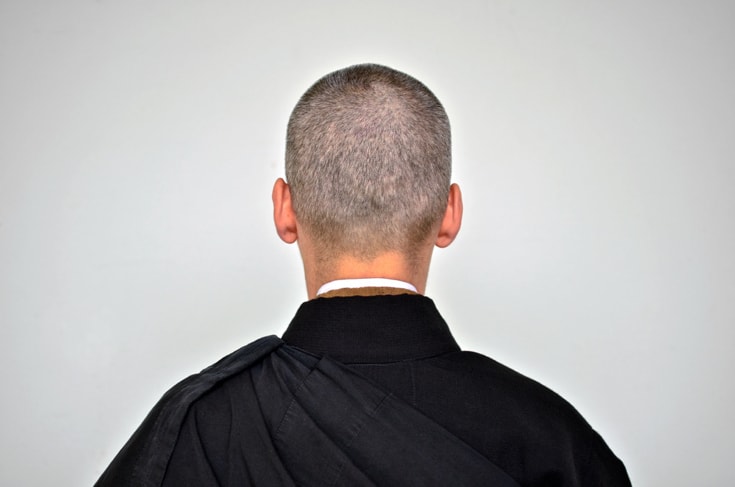New study suggests meditating [specifically] on [not self] is better than [general] mindfulness
Emptiness meditation may be more effective at improving well-being than mindfulness meditation, according to psychologists at the University of Derby, UK.
Led by psychologist and lecturer William Van Gordon, an international research team conducted the first-ever study to investigate the impact of Buddhist emptiness meditation.
A central Buddhist insight, emptiness [the realization that all things are impersonal, not-self] is the understanding that neither we nor any phenomenon in the universe — sentient or otherwise — has a permanent, separate, and independent core, or soul.
“Mindfulness and other contemplative techniques are very useful for creating mental calm and space in which to explore the mind,” Van Gordon said. “But one has to go a step further and undermine the emptiness of self and the emptiness of all phenomena — [which is] very consistent with the Buddhist teachings across most traditions.
“In the last few decades, we’ve seen a significant increase of scientific interest in investigating contemplative Buddhist approaches. This really started with a first phase of investigations concerning mindfulness about 20 or 30 years ago. About 10 or 15 years ago there was a second phase concerning compassion and loving kindness. What we’re seeing now is a third phase of investigation focusing on wisdom, emptiness, and non-attachment.”
In order to have a complete understanding of Buddhist techniques, Van Gordon believes science must cover all three phases: mindfulness, compassion, and emptiness. He wants to see an increasing focus on the relationship between emptiness and well-being.
The University of Derby study compared emptiness meditation to mindfulness meditation in a controlled condition with 25 participants, including Buddhist lay practitioners and monastics. To be considered for the study, participants were required to have a daily meditation practice that spanned an average of 25 years.
Furthermore, Van Gordon and his team interviewed each potential candidate to explore their understanding of emptiness before inviting them to participate. Participants engaged in a practice of emptiness meditation... More


No comments:
Post a Comment